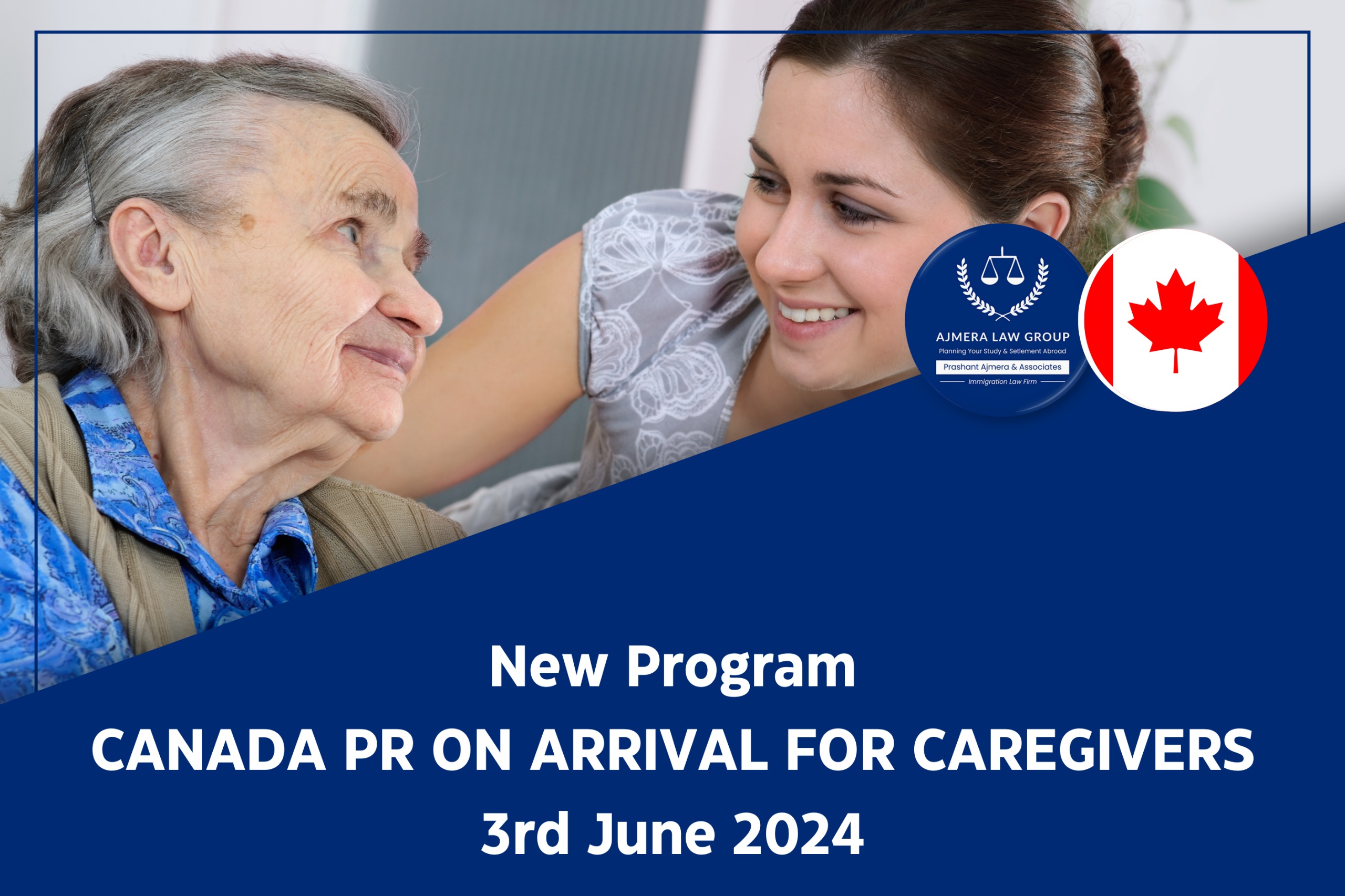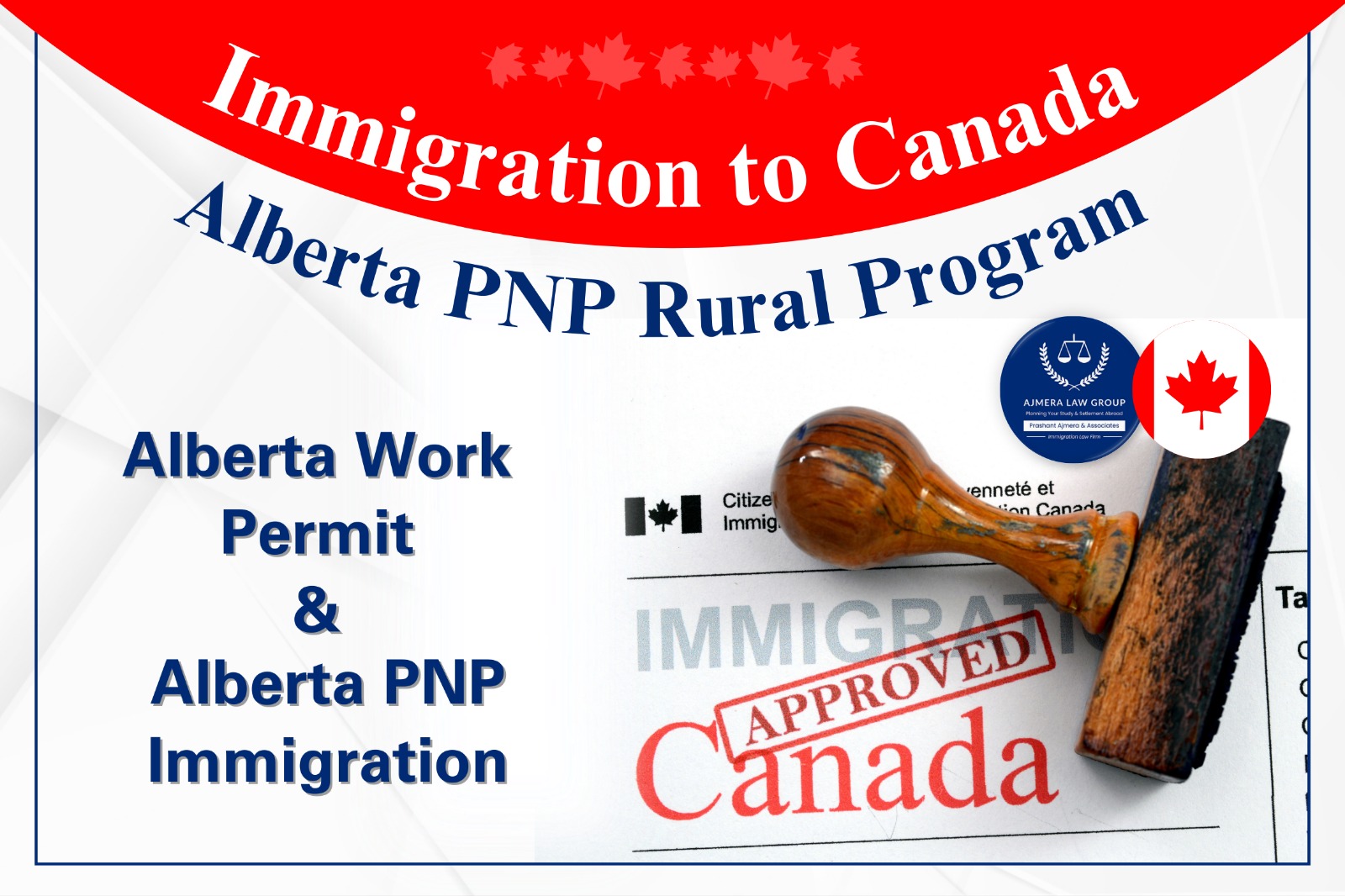Canada, a picturesque country with a growing population and diverse culture, is becoming a hub for immigrant entrepreneurs. This is all thanks to the Canadian government’s Start-Up Visa Program. As a prominent firm of immigration lawyers, we will take you through the program so you can make better decisions for your future. Let’s get in!
What is the Canadian Start Up Visa Program?
Also known as SUV, the Start Up Visa Program Canada was launched a decade back by the government. The idea was to attract foreign nationals willing to register their firms in the country, ultimately benefiting the economy. The program targets talented individuals or groups that will create jobs for the locals, start something unique, and compete with established global businesses.
The SUV program is a win-win for everybody involved!
What are the Benefits of the Start Up Visa Program?
The Canada Start Up Visa Program is an excellent way to join the budding economy. The program has changed many lives and will continue to do so.
One significant benefit of the SUV program is that the applicant’s direct family becomes eligible for Canadian citizenship. Additionally, the government offers permanent residency permits to the applicant, allowing him to leverage most benefits similar to those of a Canadian national. However, the applicant cannot engage in any activity associated with political cause.
Lastly, the SUV program offers investors an easy path to attain citizenship after living for three years in the country.
Why Should Foreign Nations Invest in Canada?
Canada is in an excellent position for foreign nationals to invest. The economy offers a promising future and a fantastic growth rate. Some lucrative reasons for investors to invest in the economy are:
- Stable economy with excellent resilience to global events driven by the financial crisis.
- Access to the marketplace of the biggest economy in the world – The United States, ensuring that you can secure a vast customer base by offering something of relevance.
- The country’s high standard of living and rich mix of diverse cultures.
What are the Canadian Start Up Visa Requirements?
The primary requirements of a Canadian Start Up Visa are:
- The applicant must have a letter of support from an authorized organization, i.e. a registered national angel investor, business incubator, or venture capital firm.
- Investors should have a qualifying business.
- The applicant must meet the country’s proficiency and language requirements.
- The investor must have enough money and proof supporting their finances.
Conclusion
Canadian Start-Up Visa Program is a government-authorized program that warmly welcomes foreign investors into the economy. The government offers an easy pathway – Canada citizenship by investment in exchange for the money and jobs the investor brings into the country.
Please note that the process is highly time-consuming and challenging to crack, even if you know your eligibility. So, it is best to leave your immigration to our experts if you want to leverage everything Canada offers.





